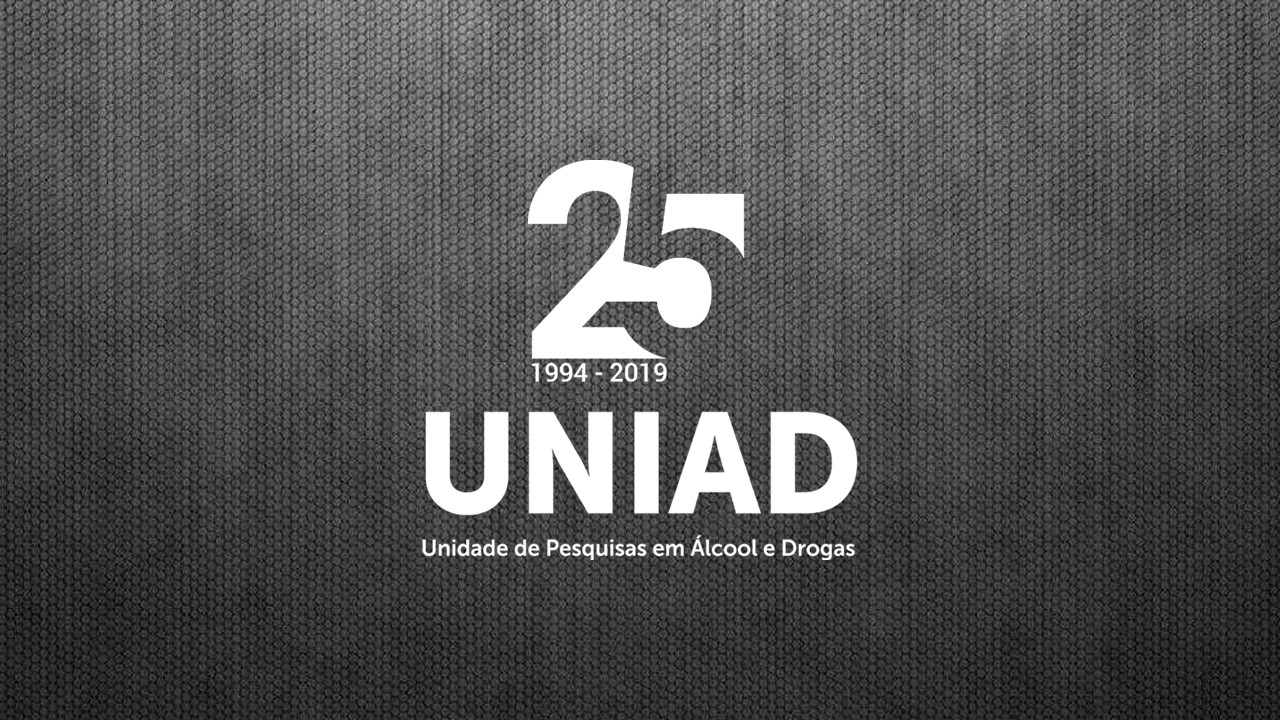Direct healthcare costs and their relationships with age at start of drug use and current pattern of use: a cross-sectional study

The prevalence and incidence of drug use in Brazil have increased over recent years, and the age at the start of use has become much lower than in the past.1,2 The Second Brazilian National Survey on Alcohol and Drugs (Levantamento Nacional de Álcool e Drogas, LENAD) showed that among adolescents aged 14 to 17 years, 4.3% were frequent users of cannabis in the past year, 2.3% were frequent users of cocaine, 0.8% frequently used crack and 60% had used alcohol before their 15th birthday.2 Additionally, Brazil is ranked as the second largest cocaine market in the world, and national consumption accounts for 20% of the world’s cocaine market.3,4
Early drug use during adolescence is deleterious for the brain maturation process5,6 and has both short and long-term health consequences,5,6,7,9 including cognitive impairment,10 substance use disorder,9 reduced educational and occupational attainment7,8 and engagement in illicit activities.11,12 In this regard, preventive programs have been widely implemented for reducing drug use among adolescents and, consequently, for avoiding economic and social costs.13,14,15
The great economic impact of substance-related disorders on individuals and society was demonstrated through a study on the burden of diseases in Brazil.16 This showed that, among the diseases that contributed most to disability-adjusted life years (DALYs) in this country, disorders relating to use of alcohol and other drugs jumped from third place in 1990 to first in 2016 among men, and from tenth to seventh among women, over the same period. Furthermore, substance-related disorders have been indicated to be one of the costliest health conditions for a healthcare system,17,18,19 especially regarding hospitalization.20
In Brazil, there is a lack of data on the costs according to different drug users’ profiles, especially considering their relationship to age at the start of use. The long-term economic impact of early drug use on the healthcare system needs to be examined. Through this, public healthcare managers can be supported in their decision-making process with regard to allocating the available public healthcare resources more effectively, for prevention and treatment strategies. In this study, we hypothesize that an early start to drug use might be a predictor of higher direct costs for the public healthcare system.
Read the full article – https://www.scielo.br/scielo.php?script=sci_arttext&pid=S1516-31802021005001201

